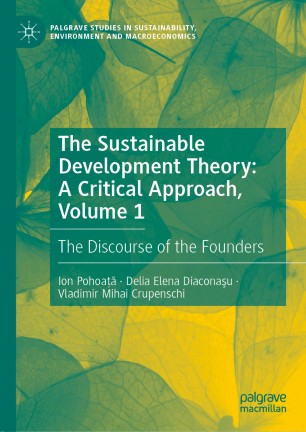

Most ebook files are in PDF format, so you can easily read them using various software such as Foxit Reader or directly on the Google Chrome browser.
Some ebook files are released by publishers in other formats such as .awz, .mobi, .epub, .fb2, etc. You may need to install specific software to read these formats on mobile/PC, such as Calibre.
Please read the tutorial at this link: https://ebookbell.com/faq
We offer FREE conversion to the popular formats you request; however, this may take some time. Therefore, right after payment, please email us, and we will try to provide the service as quickly as possible.
For some exceptional file formats or broken links (if any), please refrain from opening any disputes. Instead, email us first, and we will try to assist within a maximum of 6 hours.
EbookBell Team

0.0
0 reviewsThis book argues that the theory of sustainable development lost some of its rigor because of two main reasons. The first manifests itself as an inflation of concepts that hampers the correct understanding of sustainability’s essence. The second one consists of a departure from the traditional scientific sources of the classicists and, in part, neoclassicists. Exploiting relevant areas of their works, the authors outline the theoretical framework necessary to promote a healthy version of sustainability. Of utmost interest prove to be areas such as: the formation process of natural prices and natural rate of interest; placing growth before employment and placing production before distribution, consumption, and social justice.
The main idea of the book consists of a call for breaking away from the impure forms of the theory of sustainable development and its reconstruction through the reconciliation with the laws of healthy growth as they are highlighted in the works of the founders. The authors make the case for an approach to sustainable development that is holistic, macroeconomic, and institutionalist, where social, ecological, and economic components are reconciled. This work presents a fresh perspective in the context of current works on sustainability, serving as an accessible research resource and public policy decision guide.